Reading Time: 17 Minutes
The GRIN Gets Real podcast is a show for marketers, by marketers, to talk shop and share insights on the ever-changing landscape of the digital world. Over the past year we’ve hosted more than 25 guests – from behavioral scientists, best-selling authors, influencer marketers, CRO experts, and so many more. We asked each of our guests what they expect as we move from this tumultuous year into the next, and what we should look out for. Here is a breakdown of their insights into marketing trends 2022.
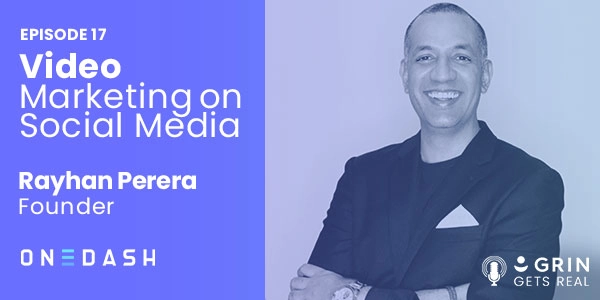
Rayhan Perera is CEO and founder of OneDash, a platform that offers tools to make any kind of media interactive and help brands make an instant return on their content investments. A serial entrepreneur, Rayhan has expertise in venture capital, ecommerce strategies, and digital marketing.
Rayhan predicts social media will bring people together through virtual and augmented reality. That way, if they can’t be a part of the conversation in real time, brands will have the opportunity to engage with them virtually.
“Hopefully this is the year when AR and VR take a big step up, because we kind of have to think outside the box. We get tired of the same old thing.”
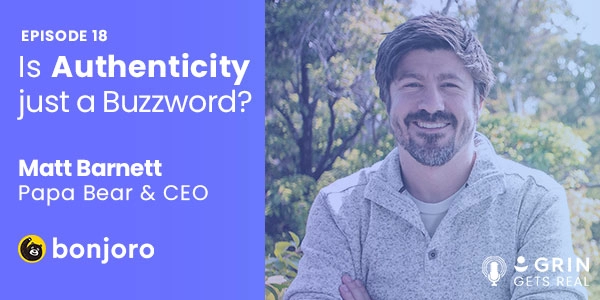
Bonjoro is the second company founded by British designer Matt Barnett. The company went from a simple sales hack, to side hustle, all the way to a global business in just 18 months. With the ambitious goal of becoming the most beloved brand in the world, Matt’s love of building great products is only surpassed by that of building great company culture.
Matt sees the next year as a season for maturing and settling into strategies that drive maximum sales for brands.
“I think we need to get more understanding around data and attribution and not just doing things for the sake of doing them. I think we’ll see ourselves settling down into what works best by the end of 2021. It’s going to be a year of maturing.”
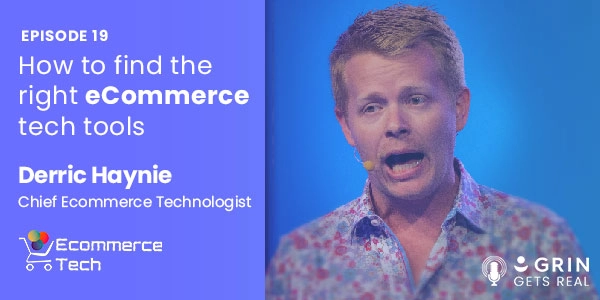
Derric Haynie is the host of “The Future of Ecommerce” podcast and the chief ecommerce technologist at Ecommercetech.io. Half of his day is spent reviewing tech tools, and the other half is talking with merchants to help them discover which solutions are right for them.
Derric believes AI personalization and better data analytics tools will become more accessible to brands that haven’t been able to afford them in the past, and in turn, completely revolutionize the way humans interact with artificial intelligence in the workplace.
“I don’t think people really know how fast this is going to become part of the ecommerce experience. Artificial intelligence will be doing more and more of what humans do now. In the future, our jobs will be to manage AI.”
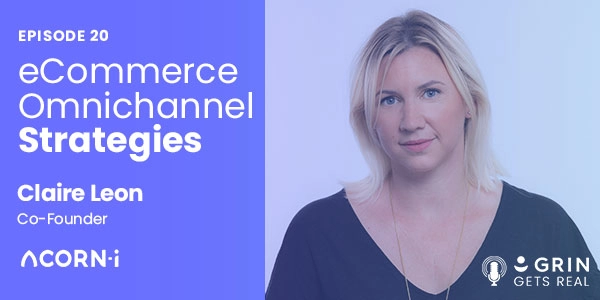
Claire Leon is the co-founder of Acorn-i and is responsible for overseeing internal teams, working closely with partners, and driving the company’s market expansion. She previously spent seven years at Amazon where she played a key role in bringing its advertising platform to market in the UK and building partnerships with global agencies.
Claire predicts the value of building communities as a way to communicate with consumers will only continue to increase. Traditional social activity and live streaming will always be useful for building communities, but she says the rise in anonymous platforms should not be ignored.
“Brands who ignore the anonymous platforms do so at their peril. To compete with these platforms’ ability to deliver on time and at the right cost means playing with a very expensive fire for brands in the long-term.”
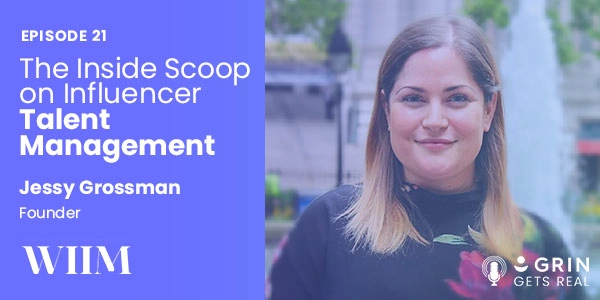
From an obsession with technology to a knack for negotiations, Jessy Grossman’s work has created new opportunities for hundreds of influencers and brands. Jessy is a long-time entrepreneur in the entertainment and digital media space and founded one of the fastest-growing new talent agencies in the country. She recently pivoted from agency work to focus on her long-time passion project: Women in Influencer Marketing.
In the future, Jessy expects influencer marketing to become more diverse and more representative of America as a whole.
“In the past, brands were only looking for very typecast non-white representatives, even down to the specific type of hair they wanted on a Black woman. Nowadays, brands aren’t as interested in a specific look, they just want to see all types of people representing their brand.”

Carrie Melissa Jones is an author, community builder, and online community researcher. Her work has influenced the world’s leading online brand communities including the American Medical Association, Patreon, Google, and two U.S. presidential campaigns. She was a founding partner and served as the COO of CMX – a hub for more than 20,000 community professionals worldwide.
Carrie predicts there will soon be even more ways for people to gather digitally. This accessibility will allow people to meet at any time and not be restricted by location or travel expenses.
“We now live in a world with hybrid approaches to gathering people. The boundary between online and offline is already very, very blurry, and it will just become even more so over the next year.”
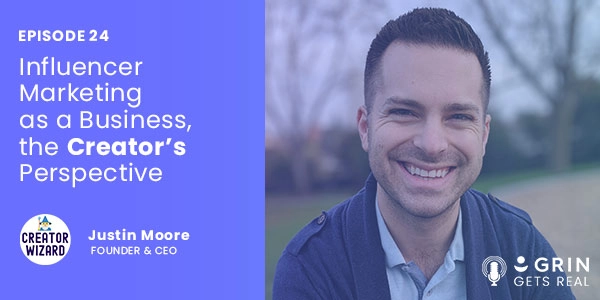
Justin Moore is the founder of Creator Wizard. He has been a full-time content creator for more than 7 years and has personally made over $3 million working with brands. He has also run an influencer marketing agency for over 5 years that helped other creators earn an additional $2 million. Josh has worked on more than 500 brand deals, interpreted 1,000-plus sponsorship contracts, and has partnered with pretty much every consumer brand imaginable.
Justin has three bold predictions for the future of influencer marketing:
“Using a tool like GRIN is critical because things can get overwhelming quickly, especially when you’re trying to scale your influencer marketing strategy.”
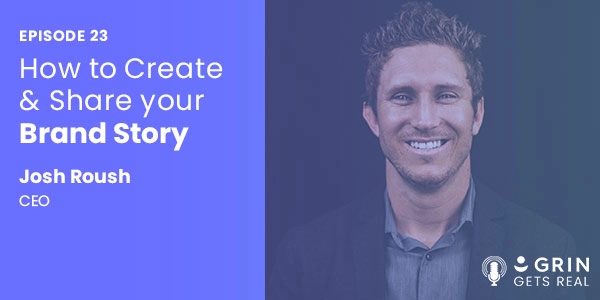
Josh Roush is the CEO and lead brand strategist at Movetic, an award-winning branding agency located in Leucadia, California. Since the age of 19, Josh has worked with brands like H-P, Lyft, Crocs, Reef, Verizon, and more. Fueled by perpetual motion, he leverages the power of creativity and analytics to create experiences that are real, relevant, and memorable.
Josh expects brands to give their influencers more creative freedom to produce the type of content that resonates best with rising consumer expectations.
“Brands are starting to develop strategies around their influencers and their customers, rather than just telling them what to do. Brands are asking the people who align with them to weigh in and be a part of the journey.”
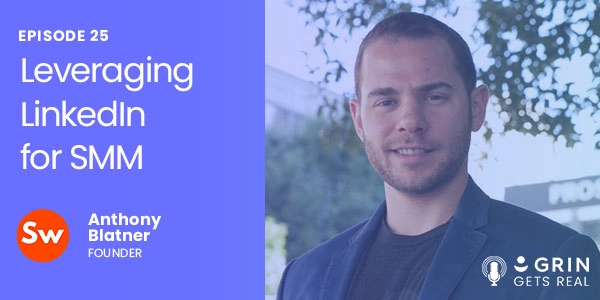
Anthony Blatner is the founder of Speedwork Social, a LinkedIn advertising agency. After watching many startups fail even after launching an amazing product or service, Anthony identified quality marketing as the biggest difference between growth and decline and launched Speedwork in 2016 to help B2B companies unlock their marketing potential. By blending his experience in technology with marketing, Anthony helps businesses reach key decision makers consistently and at scale using LinkedIn Ads.
Anthony expects more activity centered around product pages on Linkedin, resulting in more communities built around company products.
“Companies can now list products with the platform that they have. This is going to be interesting, because LinkedIn groups aren’t as great as I wish they were. So I hope that this feature helps groups get better.”
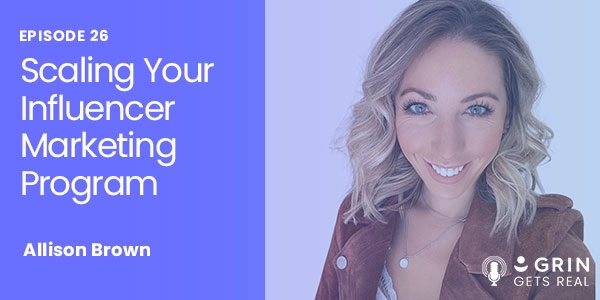
Allison Brown spearheaded the influencer marketing success at Kodiak Cakes and Factor_. She combined influencer marketing with social social media efforts to create experiential events across the country that built lasting relationships and increased brand awareness.
Allison expects video content to become king in the near future as influencer marketing continues to grow and brands further expand their budgets.
“We’re seeing it with Reels on Instagram, and TikTok isn’t going anywhere, either. Even YouTube is still growing exponentially despite having been around for so long.”
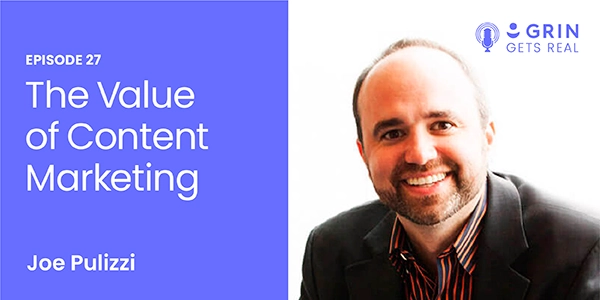
Joe Pulizzi has founded four companies, including digital content news site The Tilt and Content Marketing Institute. In 2014, he received the “Lifetime Achievement Award” by the Content Council. His podcast series This Old Marketing with Robert Rose, has millions of downloads across more than 150 countries.
Joe envisions email will take center stage as marketers’ go-to medium, especially as privacy measures eliminate the use of third-party cookies.
“I want to move from rented land to owned property. That means taking subscribership on YouTube, a Facebook Group, or LinkedIn, borrowing those connections and moving them onto something you have more control over. Email will be the core of almost every content marketing program.”

Kathleen Booth is the vice president of marketing at clean.io and a startup marketing expert. She is also the host of The Inbound Success Podcast and a board-level advisor for tech startups. Her marketing security career includes government and public sector consulting on strategic communications.
Kathleen expects more security training and service providers to pop up as markers begin to understand the dire need for increased security measures.
“I do think we’re going to see a movement within the marketing world to understand security more. I’ve been calling it marketing security or MarSec for a long time. People are starting to realize it’s something they need to be concerned with.”
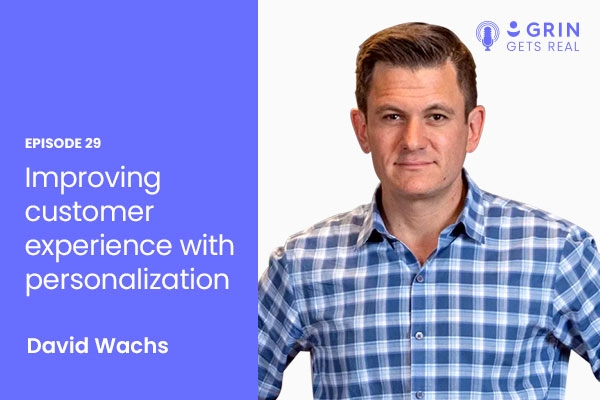
Before launching Handwrytten, David founded Cellit, a mobile marketing platform and mobile agency. David established Cellit as a pacesetting brand in mobile marketing and is responsible for creating the Mobile CRM concept. Cellit is one of the most robust and widely used mobile marketing platforms in the world and delivers millions of SMS and MMS messages to consumers daily.
David expects personalization to continue in communication, but take a major step forward when it comes to personalization of products and services.
“Brands succeed when they send something that is totally personal – it might not even be the main product – but even just little gifts that are personalized. Small, personalized gifting, I think, is going to be a really big trend in the ‘thank you’ arena.”
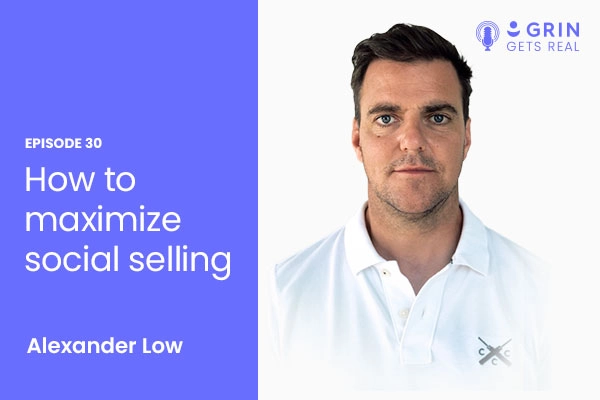
Over the last four years, Alexander Low has worked as a business development consultant for marketing teams, attorneys, and other consultants. His goal is to help professionals understand how to craft social media and achieve desired responses for their overall go-to-market strategy.
Whether you like it or not, Alexander says AI and automation is coming in full force.
“If you’re not in that space and learning about that space, you will become obsolete.”
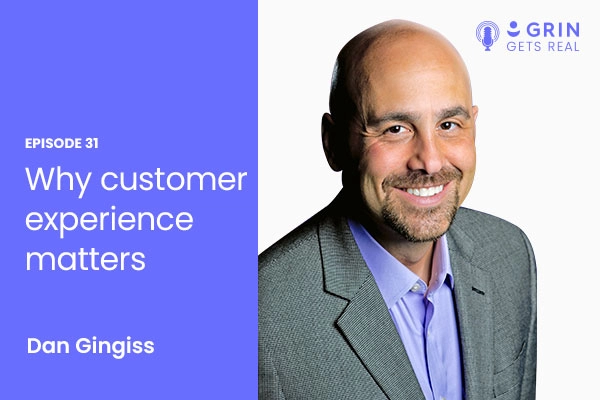
Dan Gingiss has a marketing and customer service background spanning more than two decades. As a senior manager at several Fortune 500 companies, including Discover, McDonalds, and Humana, he gained expertise in customer experience management through sales, support, social media, and more Today, he is an internationally-recognized public speaker and brand experience consultant.
Dan has two major predictions for the future:
“When we talk about omnichannel, it’s not about being everywhere, it’s about making sure that you understand that consumers cross channel all the time between web, phone, email, social media, in-person, etc. And as they cross those channels, the experience should be the same.”
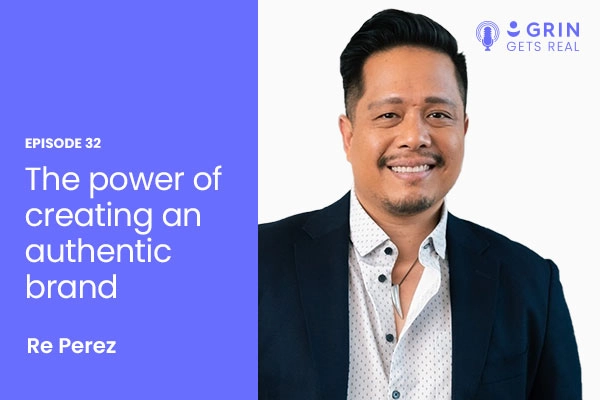
Re Perez is a former Fortune 500 brand consultant turned entrepreneur, best-selling author, keynote speaker, and the founder and CEO of Branding for the People – an award-winning branding agency that creates world-class brands that accelerate business growth. Businesses across 100+ different industries and professions credit him for positively transforming the trajectory of their business.
Re Perez expects more brands to take their authenticity to the next level by visibly aligning with issues and social movements that resonate with consumers.
“People are craving genuineness and realness. People are craving wanting to buy from and support brands that share the same ethos and share the same belief systems — maybe even support the same causes.”
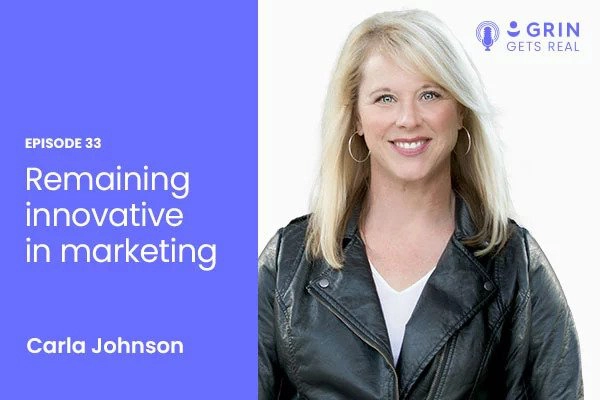
Carla Johnson’s work with Fortune 500 brands serves as the foundation for many of her books. Her 10th, RE:Think Innovation, busts the myth that innovation is something that requires a specific degree or special training. Her goal is to teach one million people how to become innovative thinkers by 2025.
Carla believes innovation in marketing will have to be everyone one the team’s business, not just a select few.
“There is more focus on innovation as a skill and a mindset for marketers that has never been there before.”
The experts we interviewed in the GRIN Gets Real Podcast provide insights and actionable tips on how brands can leverage influencer marketing to grow their reach online in 2023. If you want to hear more on how influencer marketing can help your brand, tune in to the GRIN Gets Real Podcast available wherever you get your podcasts.
Are you ready to stake your claim in the creator economy? Discover more helpful tips and resources from the experts at GRIN: Creator Management Learning Center
Our team keeps a finger on the pulse, so you’re always working with the latest information.